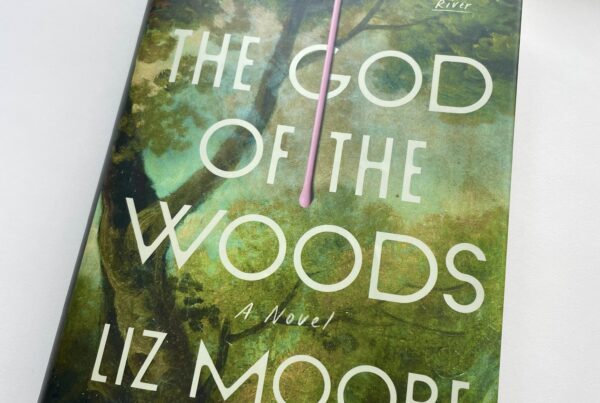a bookclique pick by Jessica Flaxman
I was a faithful diary-keeper. I wrote in it every day and I thought some of my words were profound. But in my 30s, when my parents moved out of my childhood home and delivered my diaries back to me, I cringed as I turned the pages. Worse, perhaps, I didn’t even remember some of the events that I once spent pages detailing. As I placed the books into the trash, I wondered, Who wrote these diaries? If it was me, it wasn’t me any longer, and I wanted to be rid of them all.
Heidi Julavits, author of The Uses of Enchantment and The Vanishers, is known for creating just such disquieting experiences for her fictional characters. In a Julavits novel, a woman’s life exists on a kind of continuum of possibility and confusion. Female characters seek and almost find their doubles, their origins, their true homes. Along their journeys, they are challenged in unexpected and unsettling ways. Her new book, The Folded Clock, is a compulsive read featuring the supposed diary entries of Heidi Julavits. Each entry is a carefully constructed essay camouflaged as a spontaneous entry beginning with a specific date and the word, “Today…” While it can’t possibly be Julavits’ real diary, these entries are nearly as authentic as a diarist (or reader of someone else’s diary) could wish: they are insightful, detailed, embarrassing, banal, honest, funny and haunting, but not all at once, and in no particular order.
It’s easy to become envious of or enamored with Julavits’ life as presented in this diary. She has a professorship at Columbia, fame as a published author, and a seemingly endless level of support and humor from her also-famous writer-husband. She has an adventurous life in the sense that she seems to always be in a different place. Her entries are written not only from New York and Maine but also from Germany, London, Italy. It doesn’t matter that we don’t know when or how she got to those places, or even why. She is one who must, she says, be on the move. “I am always thinking: where I am is not as good as where I could be.”
To gain a greater sense of comfort in a disquieting world, she visits both psychics and libraries. Julavits is also preoccupied with time, how it loops backward and forward in such a way that we can almost see our futures and almost grasp our pasts. Hers is a folded clock, keeping time in accordion-like pockets that can be enlarged or compressed. From the vantage point of middle age, she feels the compression of time and marvels at how long a single day used to feel when she was younger. She writes in the opening diary entry from June 21 of no particular year, “Today I wondered what is the worth of a day? Once, a day was long…days were ages… I would think, Will this day never end? Not anymore. The ‘day’ no longer exists. The smallest unit of time I experience is the week. But in recent years the week, like the penny, has also become a uselessly small currency.”
Pennies do add up, but to Julavits, an individual penny is little more than a novelty. Although The Folded Clock can be read as a single narrative, it is best in smaller doses, an entry or two a day. But it’s hard to put this book down precisely because we are never quite sure how much of it is fact and how much fiction, and there is always the promise of something unexpected on the next page.




